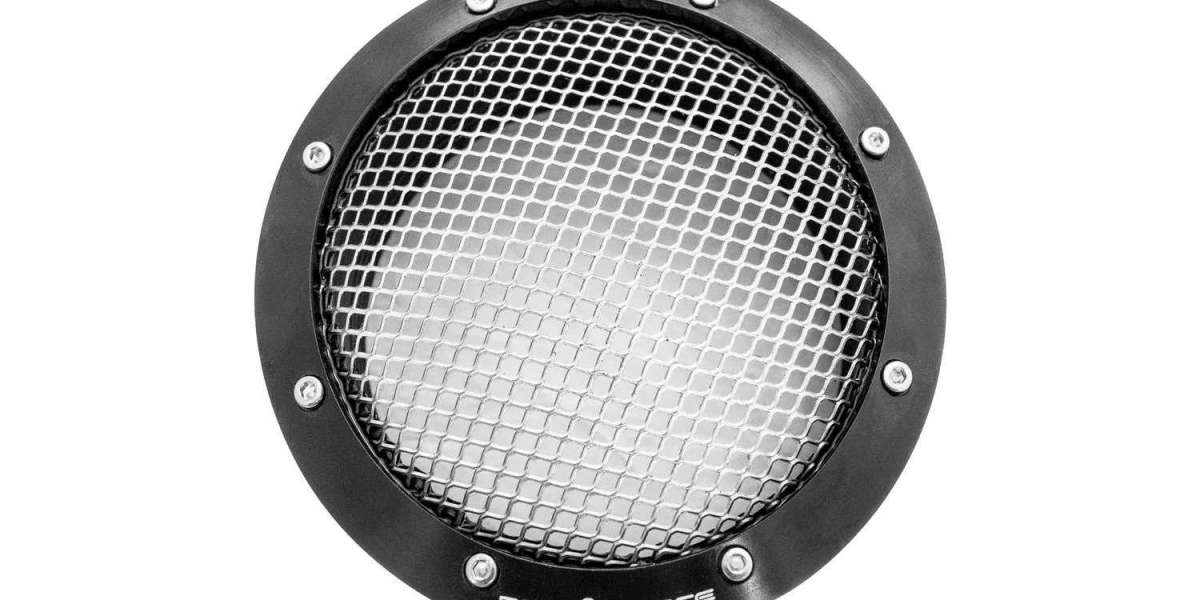A turbo filter, also known as a turbo oil filter, is a crucial component in a turbocharged engine system. It helps protect the turbocharger by filtering out contaminants from the oil before it reaches the turbo. This guide will cover what a turbo filter is, how it works, its benefits, and considerations when choosing and maintaining one.
What is a Turbo Filter?
A Turbo Filter is a specialized oil filter designed specifically for turbocharged engines. It ensures that the oil supplied to the turbocharger is clean and free of debris, which is essential for the proper functioning and longevity of the turbo.
How Does a Turbo Filter Work?
The turbo filter is installed in the oil line that feeds the turbocharger. As the oil passes through the filter, contaminants such as metal particles, carbon deposits, and other debris are trapped. This prevents these contaminants from entering the turbocharger and causing damage to its components.
Benefits of a Turbo Filter
- Protects the Turbocharger: By filtering out harmful particles, the turbo filter helps prevent damage to the turbocharger's bearings and other critical components.
- Improves Engine Performance: Clean oil ensures that the turbocharger operates efficiently, providing better engine performance and response.
- Prolongs Turbocharger Life: Regularly filtered oil reduces wear and tear on the turbocharger, extending its lifespan.
- Reduces Maintenance Costs: Preventing damage to the turbocharger can save on costly repairs and replacements.
Types of Turbo Filters
- Inline Turbo Filters: These are installed directly in the oil line leading to the turbocharger. They are easy to install and maintain.
- Cartridge Turbo Filters: These filters use replaceable cartridges that can be changed periodically. They offer high filtration efficiency.
- Spin-on Turbo Filters: Similar to regular oil filters, these are easy to replace and are commonly used in many vehicles.
Considerations When Choosing a Turbo Filter
- Compatibility: Ensure the turbo filter is compatible with your vehicle's make and model.
- Filtration Efficiency: Look for filters with high filtration ratings to effectively capture contaminants.
- Flow Rate: The filter should allow adequate oil flow to the turbocharger to maintain optimal lubrication and cooling.
- Durability: Choose filters made from high-quality materials to withstand the harsh operating conditions of a turbocharged engine.
Installation and Maintenance
- Installation: Follow the manufacturer’s instructions for installing the turbo filter. Ensure all connections are secure to prevent oil leaks.
- Maintenance: Regularly check and replace the turbo filter according to your vehicle’s maintenance schedule or the manufacturer’s recommendations. Frequent maintenance is crucial in high-performance or heavily used vehicles.
Conclusion
A turbo filter is a vital component for maintaining the health and performance of a turbocharged engine. By filtering out contaminants from the oil, it helps protect the turbocharger, improve engine performance, and extend the life of both the turbocharger and the engine. When choosing a turbo filter, consider factors such as compatibility, filtration efficiency, flow rate, and durability to ensure optimal performance and protection.




